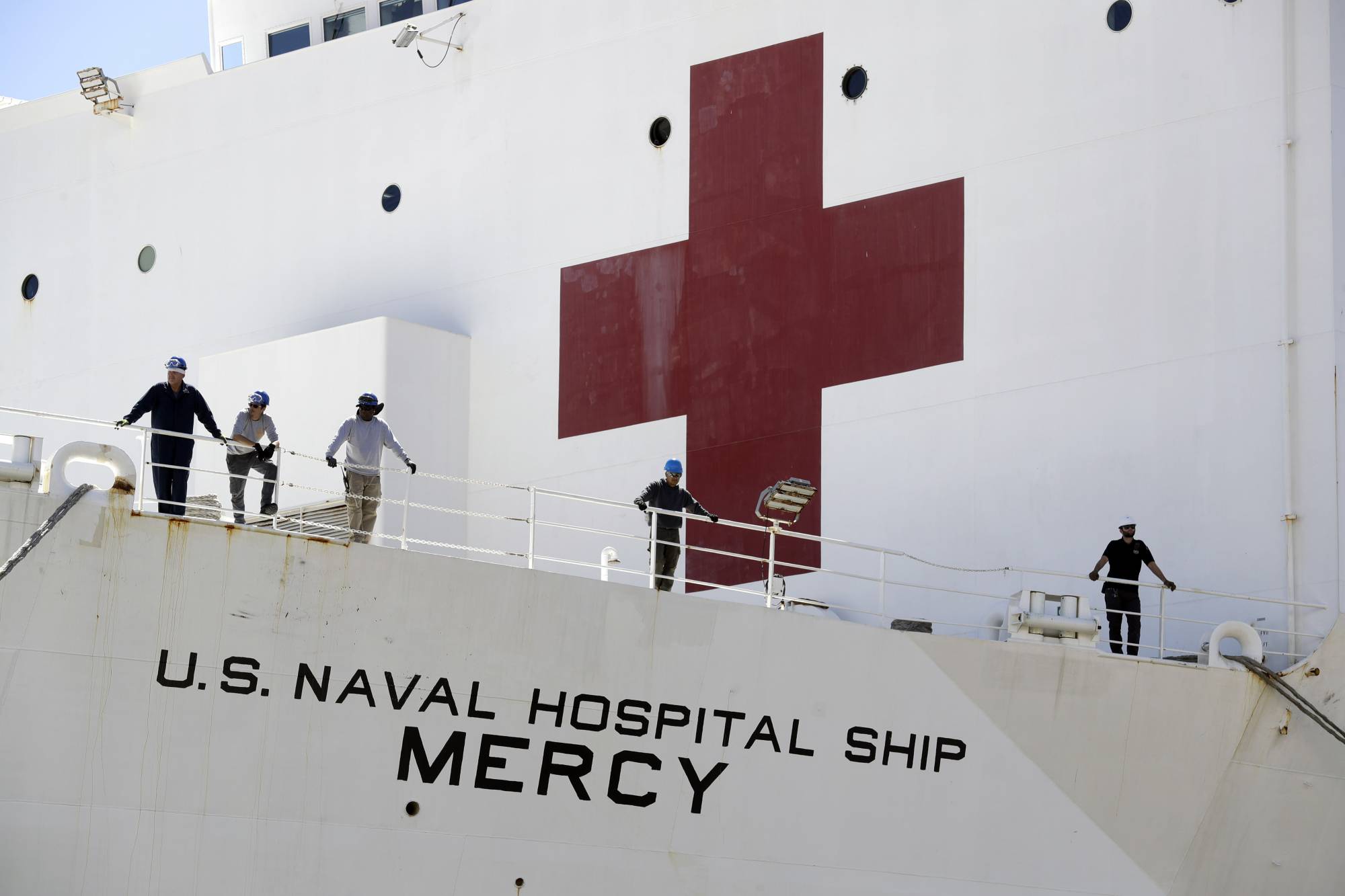USN16x
10-Year Member
- Joined
- Aug 27, 2013
- Messages
- 193
Yep, my 600 should have been 6000.I think the numbers were 17,000 total and nearly 6000 from the Navy according to the article.
Man. I have to tread carefully.Good Morning. It has to do with what should be done by someone in uniform that equates to military readiness versus what can be done by a civilian--and paid for/recruited/maintained through non-active duty resources.
This is part of the reform of the Military Health System sparked by the NDAA 2017. Not to give myself away, but I would like to see the research that describes the impacts to the ready medical force as well as the overall cost and quality impact to healthcare received by service members, their dependents, and our retirees. The assumption that a civilian (GS or Contractor) is a one to one replacement for a uniformed person with the same skill set has not been well studied. Preliminary results recently published demonstrate a difference in practice behaviors and adherence to clinical practice guidelines--for example, with prescriptions of opioids for low back pain.
There will be major growing pains for sure. We have town hall meetings every month with new updates. It’s a fun time to be in AMEDD (RIP)
I've a grandson at the Air Force Academy, just finishing his doolie year, who thinks he wants to attend to medical school. While that's still several years in the future, present grades and performance in chemistry and physics indicate he could do so. After reading this thread and the article referenced by the op, do you all believe that the SAs will continue to send 15 - 20 individuals from each class to medical school and what does this portend for physicians serving in the military?
Thank you all in advance for any advice and insights.

Nice verb usage, and apt!Rather than start a new thread I defibrillated this one. Not surprise the medical department personnel cuts are being rethunk.

Navy rethinking plan to cut medical military billets
The Defense Department still wants to cut 18,000 medical billets.federalnewsnetwork.com
“It briefed well.”Rather than start a new thread I defibrillated this one. Not surprise the medical department personnel cuts are being rethunk.

Navy rethinking plan to cut medical military billets
The Defense Department still wants to cut 18,000 medical billets.federalnewsnetwork.com
